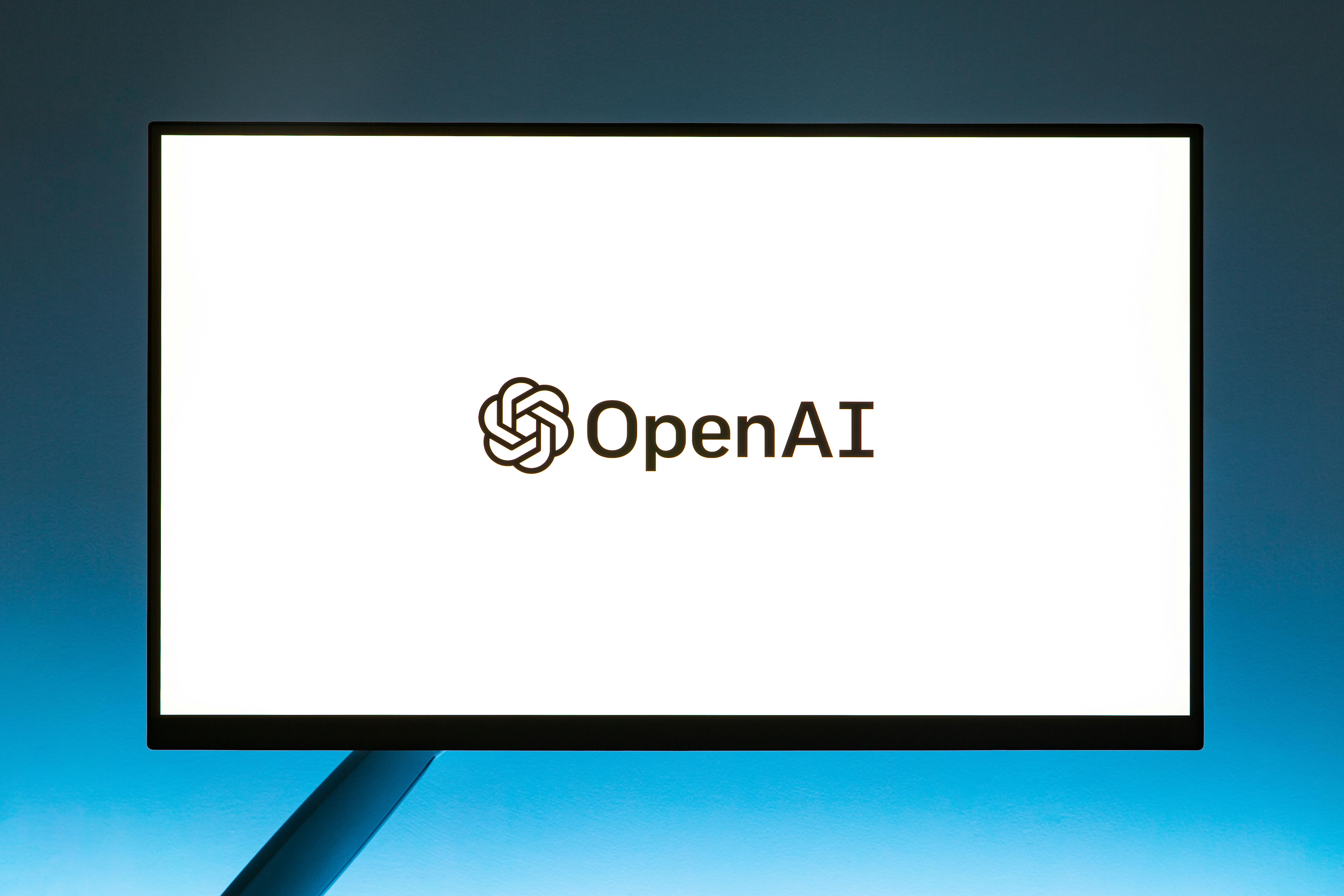Table of Contents
- Introduction
- Understanding AI Generated WordPress Website Basics
- Choosing the Best AI Website Builder for WordPress
- Step-by-Step Process to Generate a WordPress Website with AI
- Limitations and Challenges of AI-Generated WordPress Websites
- Enhancing WordPress Website Design with AI
- AI Integration vs. Traditional WordPress Building Methods
- Optimizing WordPress Website Performance with AI
- Implementing AI for SEO in WordPress Websites
- Ensuring Mobile Responsiveness for AI-Generated WordPress Websites
- Future Trends in AI-Generated WordPress Website Development
- Summary
Introduction
In today’s digital age, creating a website no longer requires advanced coding skills thanks to AI-generated WordPress websites. With these groundbreaking tools, anyone can build a stunning online presence quickly and easily. Whether for a personal blog, a small business, or an e-commerce store, AI-generated WordPress websites streamline the process. The future of web design is here, and it’s user-friendly, efficient, and accessible for everyone. Let’s dive into the world of AI-generated WordPress websites and discover how they can transform your online experience!
Understanding AI Generated WordPress Website Basics
Understanding the basics of an AI-generated WordPress website is essential for leveraging modern technology. AI tools can streamline the website creation process, reducing the need for manual coding. These tools assist in selecting themes, designing layouts, and optimizing content. They utilize algorithms to analyze user preferences and behavior, ensuring a more personalized user experience. By automating complex tasks, AI can significantly cut down development time. This technology not only saves resources but also allows for quicker iterations and improvements. Adopting AI in WordPress development can enhance efficiency and effectiveness, contributing to a higher quality website. This approach is particularly beneficial for those with limited technical expertise. Ultimately, integrating AI into your WordPress site can lead to more intelligent, responsive, and engaging web solutions.

Choosing the Best AI Website Builder for WordPress
When choosing the best AI website builder for WordPress, several factors need to be considered. First, evaluate the builder’s compatibility with the latest WordPress version to ensure seamless integration. It’s crucial to look for builders that offer user-friendly interfaces and a wide range of customizable templates. Additionally, prioritize builders that provide robust customer support and regular updates. Assess the AI capabilities in content generation, SEO optimization, and automated design suggestions. Remember that while some builders might be rich in features, they should not compromise on speed and performance. Cost-effectiveness is another major factor to keep in mind, ensuring you get value for your investment. Lastly, check user reviews and case studies to gauge real-world performance.

Step-by-Step Process to Generate a WordPress Website with AI
Creating a WordPress website with AI involves a series of methodical steps designed for efficiency and effectiveness. First, choose a reliable AI website builder that integrates seamlessly with WordPress. These tools utilize machine learning algorithms to streamline the design process. Enter your website’s basic information, including goals and content types. The AI then generates a custom layout, selecting appropriate themes and plugins based on your inputs. Review the generated designs and make necessary adjustments to match your brand. Once satisfied, proceed to install and configure essential plugins for SEO, security, and performance. Finally, publish your website and continue refining it, leveraging AI-based analytics to optimize user experience. This approach ensures a professional and aesthetically pleasing WordPress website, tailored to your specific needs.
Limitations and Challenges of AI-Generated WordPress Websites
AI-generated WordPress websites offer several conveniences, but they come with inherent limitations and challenges. One major issue is the lack of unique customization. AI tools often rely on pre-existing templates, which may not cater to specific branding needs. Security vulnerabilities also persist, as automated systems may overlook essential safeguards. Additionally, troubleshooting can be complex due to limited human oversight, making nuanced errors difficult to resolve. In some cases, these websites may lack optimal SEO practices, affecting search engine rankings. Moreover, user experience may suffer because AI tools cannot fully understand and predict user behavior. Lastly, the evolving nature of AI technology means ongoing updates and learning curves, requiring constant vigilance from developers.
Enhancing WordPress Website Design with AI
Enhancing WordPress website design with AI offers remarkable opportunities for customization and efficiency. AI-driven tools can analyze user behavior to suggest layout improvements, ensuring a more intuitive and engaging user experience. AI can automate SEO, content creation, and image optimization, drastically reducing manual work. Advanced machine learning algorithms can also personalize content for individual visitors, making your site more relevant and appealing. Integrating AI not only streamlines the design process but also helps in maintaining a consistent and professional look. The synergy between AI and WordPress allows for innovative design solutions, leveraging data to stay ahead of trends. Consequently, investing in AI tools can result in a highly optimized, user-friendly website tailored to your audience’s needs.
AI Integration vs. Traditional WordPress Building Methods
AI integration in building WordPress websites offers numerous advantages over traditional methods. Traditional approaches often involve manual coding and customization, which can be time-consuming and require advanced skills. In contrast, AI-driven tools streamline the process by automating many of these tasks, making website creation more efficient and accessible, even for beginners. AI can also optimize website performance, enhance user experience, and provide valuable data insights. However, it’s essential to consider that AI tools may lack the nuanced creativity a skilled developer brings. Despite this, the convenience and speed of AI integration make it a compelling choice for modern website development.
Optimizing WordPress Website Performance with AI
Optimizing WordPress website performance with AI can significantly enhance user experience and search engine rankings. AI tools can analyze vast amounts of data quickly, identifying areas for improvement such as image compression, caching, and database optimization. Utilizing machine learning algorithms, these tools can automatically adjust settings to maximize speed and efficiency. Additionally, AI-driven plugins can monitor website performance in real-time, providing insights and recommendations for further enhancements. By leveraging AI, website administrators can ensure their WordPress sites are always running at peak performance, ultimately leading to better traffic and user retention. Advanced AI solutions provide a seamless way to maintain an optimized website without extensive manual intervention.
Implementing AI for SEO in WordPress Websites
Implementing AI for SEO in WordPress websites can significantly enhance your site’s visibility and performance. AI plugins, like Yoast and RankMath, analyze content and provide real-time optimization suggestions. They help in selecting target keywords, optimizing meta descriptions, and improving readability. Advanced AI tools even offer content creation and curation features, ensuring a steady flow of high-quality material. Furthermore, AI can track user behavior and adjust SEO strategies accordingly. This dynamic approach saves time and enhances accuracy, making it an invaluable asset in the competitive digital landscape. AI integration in WordPress simplifies complex SEO processes, enabling more effective and efficient website management.
Ensuring Mobile Responsiveness for AI-Generated WordPress Websites
Ensuring mobile responsiveness for AI-generated WordPress websites is crucial for optimal user experience. Start by using a responsive theme, which adapts to different screen sizes automatically. Next, ensure that any AI tools or plugins you use are compatible with mobile devices. Screen size adjustments should be tested across various devices. It’s important to implement flexible grid layouts and scalable images. Consider using media queries in your CSS to fine-tune the design for different screen dimensions. Regularly monitor and update the website to address any newly identified issues. This approach guarantees that your AI-generated WordPress site remains user-friendly across all platforms.
Future Trends in AI-Generated WordPress Website Development
Future trends in AI-generated WordPress website development are poised to revolutionize the digital landscape. AI-driven tools will enable more intuitive and efficient website creation processes. Developers can expect features like real-time error detection and automatic optimization for enhanced performance. Personalized user experiences powered by AI will become standard. These advanced functionalities will reduce development time and cost. Machine learning algorithms will offer smarter content suggestions and design elements. Integration with other AI technologies, such as natural language processing and computer vision, will further refine website aesthetics and usability. Consequently, the demand for AI expertise in WordPress development is expected to soar. Overall, AI will make WordPress more accessible and advanced.
Summary
AI-generated WordPress websites simplify web creation for everyone, enabling stunning sites quickly. They offer ease, efficiency, and personalized user experiences. When choosing an AI builder for WordPress, consider compatibility, features, support, and cost-effectiveness. Creating a website with AI involves picking a builder, inputting basic details, and refining the design. Despite benefits like efficiency, AI sites have limitations like lack of unique customization and potential security risks. AI enhances SEO, performance, and mobile responsiveness. Future trends will bring smarter features, reducing development time and making web design more accessible.
